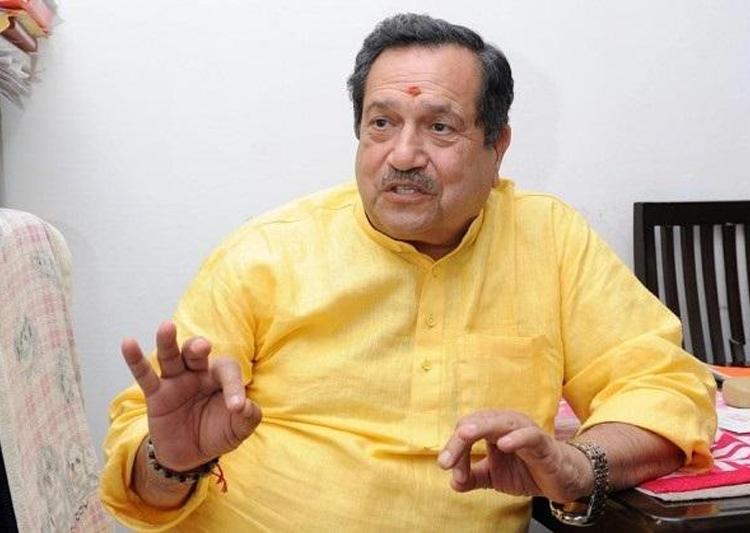Praggnanandhaa: From wonderkid to a chess great in the waiting

Chennai: For someone, who took to chess just because his parents wanted him and his sister to wean away from watching television, R Praggnanandhaa has charted his own path to glory and is closer to greatness than ever.
The 18-year old wonderboy has long been seen as a possible successor to the five-time world champion Viswanathan Anand and is certainly on the path to be a chess great.
A stunning performance in the FIDE World Cup in Baku has catapulted him to the Candidates tournament to determine the challenger to current world champion Ding Liren.
As Praggnanandhaa found out on Thursday, it was just the thing that the Norwegian world No. 1 needed. Carlsen came out and won the first Rapid game while playing with black pieces and then hammered out a draw with the white pieces to win the only major trophy that was missing from his cabinet. His best result before this was a third place, obtained twice 14 years apart (2007 and 2021).
The first Rapid game was going to be key for the 18-year-old Indian. He was playing with white pieces and he needed to find a way to hold his own or go one up. And to that effect, he seemed to start well.
Praggnanandhaa quickly gained a time advantage in the early going, pushing Carlsen into giving his moves some serious thought but the world No. 1 slowly stabilised his position with some very precise play and then started posing a few problems to the Indian Grandmaster.
These were problems that needed time to be solved and at the end of it, Praggnanandhaa, for all the verve, tenacity and instinct he has showcased in the tournament, found that he was outhustled in the time scramble by the best player in the world. The game ended after the 47th move.
This result meant that Praggnanandhaa would have to come out and win on demand with black pieces in Game 2. He had done that against Arjun Erigaisi in the quarter-finals but could he do that against the Norwegian? The answer was a resounding no.
Carlsen was in the mood to trade and all the major pieces were off the board in quick time. It gave black almost no chance of forcing a win and the game ended after just 22 moves. The win meant that the world No. 1 has won every significant tournament at least once.
Pragg’s brilliant run
Carlsen is the wall that has managed to keep the best players in the world at bay for a long time. And for the last few years, it seemed like Praggnanandhaa could only stare at this wall from afar. He was a good talent but not good enough; not yet.
But the manner in which the 18-year-old fought in the World Cup will convince many that the gap between the teenager and the other top GMs has closed quite rapidly. His performance rating for the tournament was 2797 — way higher than his live Elo rating of 2727.2. He took on some of the best players in the world and came out on top.
The challenge for Praggnanandhaa now will be to find the consistency he needs to stay at this high level. He flies off for the World Rapid Teams Championship on Thursday and then will turn up for the Tata Steel Masters. There simply will be no time to take in what he has achieved during the run.
If the hot streak at the Chess Olympiad was the tournament that catapulted D Gukesh into the top league, this performance at the Chess World Cup might do exactly that for Praggnanandhaa. Belief has never been lacking for India’s young stars but when the results add up too, you can focus even harder.
When asked about the march of the youth brigade, Carlsen said: “I think they are all very good. Gukesh is clearly the strongest classical player right now and then, you have Pragg and (Nodirbek) Abdusattorov who are strong and also mentality monsters. And I think on a tier slightly below, we have Vincent and a few others.”
He added: “It is very clear that chess is in good hands for the future. I think this generation of players born from 1990 to 1994 really have dominated for a long time and finally now with these youngsters (born 2003 and after), we have a generation that’s worthy of succeeding us when the time comes.”




